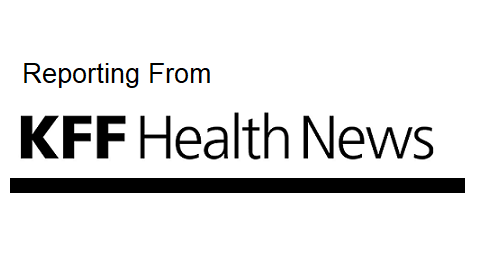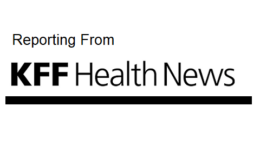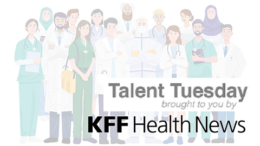Solving the Home Care Quandary
By Paula Span – You’re ready to leave the hospital, but you don’t feel able to care for yourself at home yet. Or, you’ve completed a couple of weeks in rehab. Can you handle your complicated medication regimen, along with shopping and cooking?
Read More



